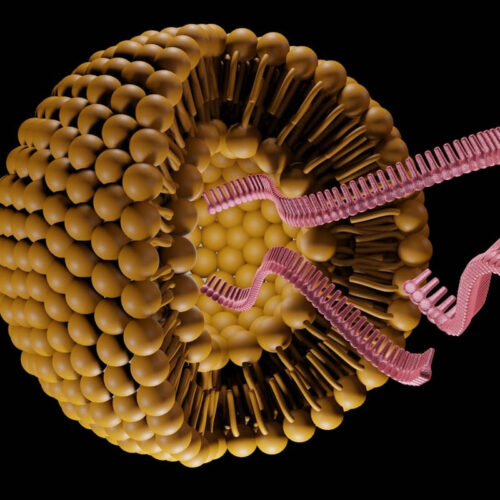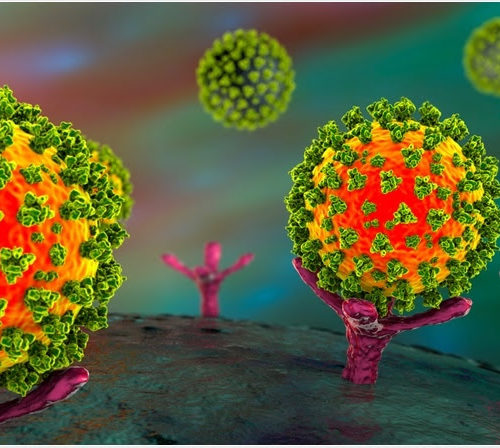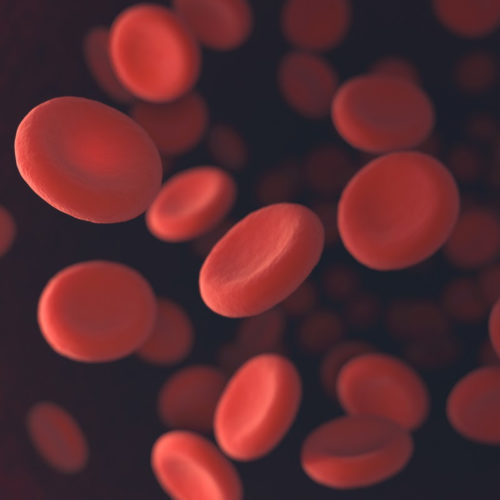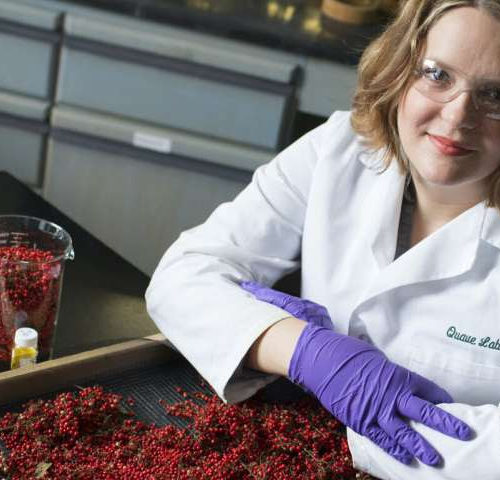by Sebastian Furness, The Conversation Credit: Unsplash/CC0 Public Domain Our brain is an extremely complex and delicate organ. Our body fiercely protects it by holding onto things that help it and keeping harmful things out, such as bugs that can cause infection and toxins. It does that though a protective layer called the blood-brain barrier....
Tag: <span>toxins</span>
mRNA Trojan Horse tricks cancer into making toxins to kill itself
By Michael Irving July 04, 2023 Lipid nanoparticles carry mRNA sequences to cancer cells, causing them to produce toxins that kill the tumors Depositphotos Scientists have developed and tested a new potential treatment for cancer that works in a similar way to the COVID-19 vaccines. The technique involves delivering mRNA molecules to cancer cells and...
Toxins from gut damage fat cells and drive weight gain, study suggests
PA Media Sun 21 May 2023 01.00 EDT Fragments of bacteria leaking into the body from the gut are damaging fat cells and driving weight gain, research suggests. Scientists at Nottingham Trent University have found that these microbe fragments, known as endotoxins, are able to enter the bloodstream and directly affect how well fat cells...
Where do toxins from tobacco attack DNA?
It is known that toxins in tobacco smoke can change our DNA – but where exactly in the genome they do this has been a mystery. A new approach developed by researchers at ETH Zurich now brings light into the darkness. In the future, this could make it easier than ever to determine the safety of many...
Toxins force construction of ‘roads to nowhere’
OHIO STATE UNIVERSITY COLUMBUS, Ohio – Toxins released by a type of bacteria that cause diarrheal disease hijack cell processes and force important proteins to assemble into “roads to nowhere,” redirecting the proteins away from other jobs that are key to proper cell function, a new study has found. The affected proteins are known as...
What are Furin Proteases?
By Benedette Cuffari, M.Sc. Reviewed by Emily Henderson, B.Sc. In order to develop appropriate treatments and vaccines to combat the novel coronavirus, otherwise known as SARS-CoV-2 or COVID-19, researchers around the world have carefully examined every microscopic component of this potent virus. What is protease? The term protease is used to describe a large group...
Whoa: This Is What Happens to Your Body When You Drink Enough Water
If you’re reading this: Drink a glass of water. You likely need it, as 75 percent of Americans are described as “chronically dehydrated.” While achieving a state of hydration might seem enviable and impossible, fret not because it’s doable. And the health benefits are not only encouraging, but they are also downright inspiring in the...
New synthetic red blood cells are even better than the real thing
By Michael Irving June 03, 2020 Researchers have created synthetic red blood cells (RBCs) that have all of the useful properties of the real thing, plus a few new tricks. These new cells could be put to work carrying oxygen or drugs through the body, sensing toxins, and other tasks. It goes without saying that...
Scientists identify chemicals in noxious weed that ‘disarm’ deadly bacteria
by Carol Clark, Emory University Scientists have identified specific compounds from the Brazilian peppertree—a weedy, invasive shrub in Florida—that reduce the virulence of antibiotic-resistant staph bacteria. Scientific Reports published the research, demonstrating that triterpenoid acids in the red berries of the plant “disarm” dangerous staph bacteria by blocking its ability to produce toxins. The work...
Exposure to arsenic, lead, copper and cadmium linked to increased risk of heart disease
Exposure to arsenic, lead, copper and cadmium is associated with an increased risk of cardiovascular disease and coronary heart disease, finds a comprehensive analysis of the evidence published by The BMJ today. Human heart. Credit: copyright American Heart Association In recent years, exposure to environmental toxic metals such as arsenic, lead, copper, and mercury have become a...
- 1
- 2




